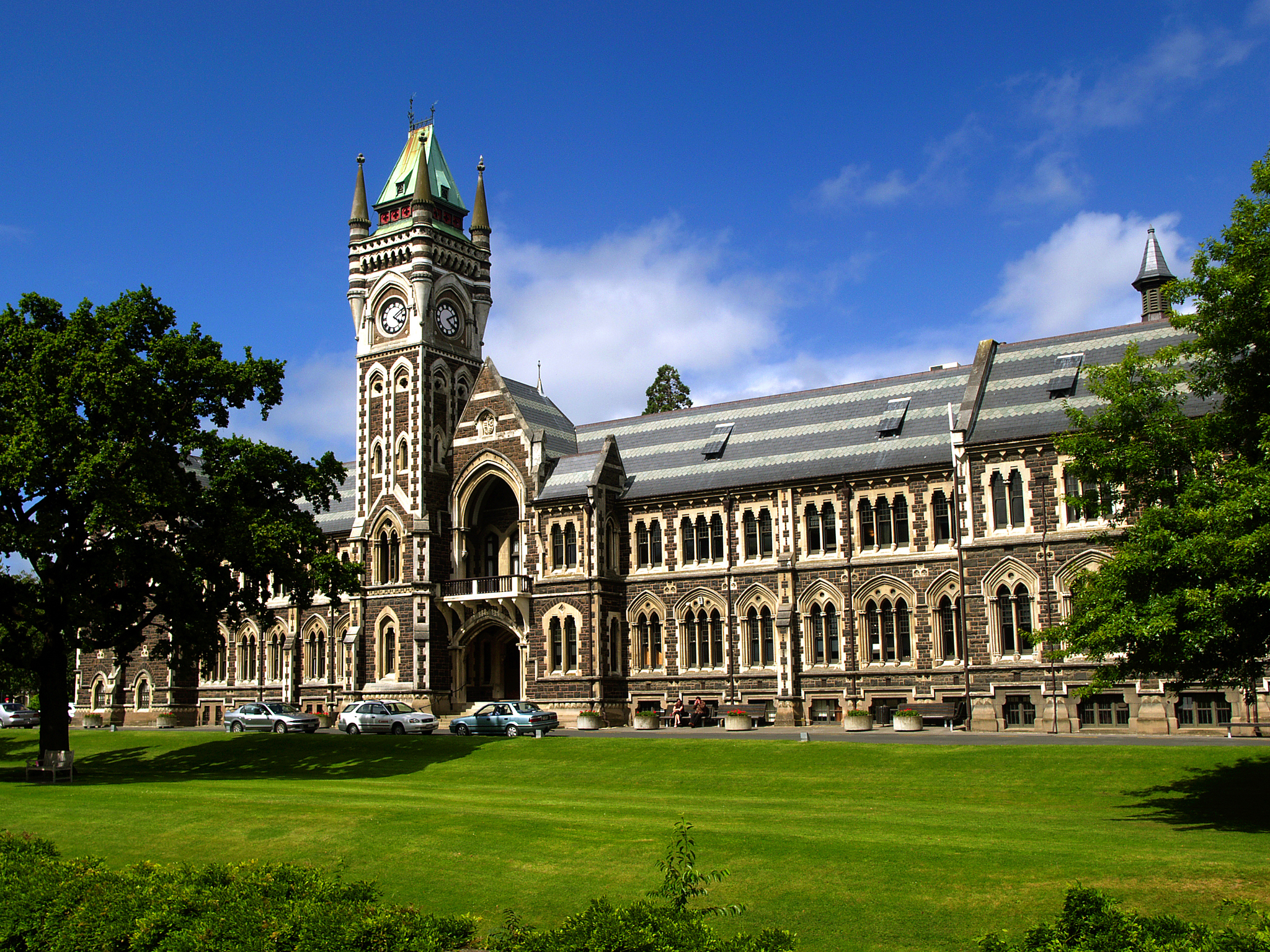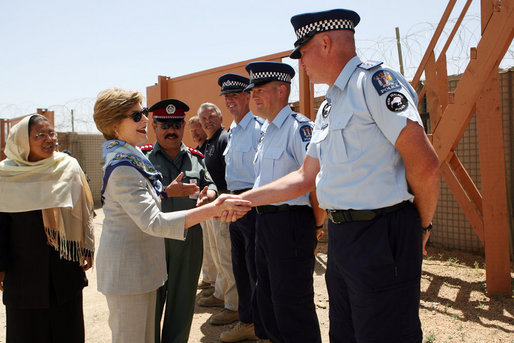|
Caroline Flora
Caroline Flora is New Zealand's Chief Censor in the Office of Film and Literature Classification ( mi, Te Mana Whakaatu), also known as the Classification Office. She was appointed to the position in 2022. Flora grew up in Lower Hutt. She attended the University of Otago where she studied psychology and graduated with a Masters in Law. In 2007 she was admitted to the bar. She held positions in the New Zealand Police and Ministry of Health Ministry of Health may refer to: Note: Italics indicate now-defunct ministries. * Ministry of Health (Argentina) * Ministry of Health (Armenia) * Australia: ** Ministry of Health (New South Wales) * Ministry of Health (The Bahamas) * Ministry of ... where she was Associate Deputy Director General. She took up the position of Chief Censor in July 2022 for a three year term. References {{DEFAULTSORT:Flora, Caroline Living people University of Otago alumni Chief Censors of New Zealand People from Lower Hutt 21st-century New Zealand publ ... [...More Info...] [...Related Items...] OR: [Wikipedia] [Google] [Baidu] |
Classification Office (New Zealand)
The Office of Film and Literature Classification ( mi, Te Mana Whakaatu), branded as the Classification Office, is an independent Crown entity established under Films, Videos, and Publications Classification Act 1993 responsible for censorship and classification of publications in New Zealand. A "publication" is defined broadly to be any thing that shows an image, representation, sign, statement, or word. This includes films, video games, books, magazines, CDs, T-shirts, street signs, jigsaw puzzles, drink cans, and slogans on campervans. The Chief Censor, Caroline Flora, is the chair of the Office. Films must be given a classification before they can be exhibited or supplied to the public. This is done either by the Film and Video Labelling Body or the Office. Any person may submit any publication for classification by the Office, with the permission of the Chief Censor. However, the Secretary for Internal Affairs, the Comptroller of Customs, the Commissioner of Police, ... [...More Info...] [...Related Items...] OR: [Wikipedia] [Google] [Baidu] |
Lower Hutt
Lower Hutt ( mi, Te Awa Kairangi ki Tai) is a city in the Wellington Region of New Zealand. Administered by the Hutt City Council, it is one of the four cities that constitute the Wellington metropolitan area. It is New Zealand's sixth most populous city, with a population of . The total area administered by the council is around the lower half of the Hutt Valley and along the eastern shores of Wellington Harbour, of which is urban. It is separated from the city of Wellington by the harbour, and from Upper Hutt by the Taita Gorge. Lower Hutt is unique among New Zealand cities, as the name of the council does not match the name of the city it governs. Special legislation has since 1991 given the council the name "Hutt City Council", while the name of the place itself remains "Lower Hutt City". This name has led to confusion, as Upper Hutt is administered by a separate city council, the Upper Hutt City Council. The entire Hutt Valley includes both Lower and Upper Hutt cit ... [...More Info...] [...Related Items...] OR: [Wikipedia] [Google] [Baidu] |
University Of Otago
, image_name = University of Otago Registry Building2.jpg , image_size = , caption = University clock tower , motto = la, Sapere aude , mottoeng = Dare to be wise , established = 1869; 152 years ago , type = Public research collegiate university , endowment = NZD $279.9 million (31 December 2021) , budget = NZD $756.8 million (31 December 2020) , chancellor = Stephen Higgs , vice_chancellor = David Murdoch , administrative_staff = 2,246 (2019) , academic_staff = 1,744 (2019) , students = 21,240 (2019) , undergrad = 15,635 (2014) , postgrad = 4,378 (2014) , doctoral = 1,579 (2019) , other = , city = Dunedin , province = Otago , country = New Zealand (Māori: ''Ōtepoti, Ōtākou, Aotearoa'') , coor = , campus = Urban/ University town 45 ha (111 acres) , colours = Dunedin Blue and Gold , free_label = Student Magazine , free = ''Critic'' , affiliations = MNU , website https://www.otago.ac.nz, logo = Logo of the University of Otago.svg The Un ... [...More Info...] [...Related Items...] OR: [Wikipedia] [Google] [Baidu] |
New Zealand Police
The New Zealand Police ( mi, Ngā Pirihimana o Aotearoa) is the national police service and principal law enforcement agency of New Zealand, responsible for preventing crime, enhancing public safety, bringing offenders to justice, and maintaining public order. With about 13,000 personnel, it is the largest law enforcement agency in New Zealand and, with few exceptions, has primary jurisdiction over the majority of New Zealand criminal law. The New Zealand Police also has responsibility for traffic and commercial vehicle enforcement as well as other key responsibilities including protection of dignitaries, firearms licensing, and matters of national security. Policing in New Zealand was introduced in 1840, modelled on similar constabularies that existed in Britain at that time. The constabulary was initially part police and part militia. By the end of the 19th century policing by consent was the goal. The New Zealand Police has generally enjoyed a reputation for mild policin ... [...More Info...] [...Related Items...] OR: [Wikipedia] [Google] [Baidu] |
Ministry Of Health (New Zealand)
The Ministry of Health ( Māori: ''Manatū Hauora'') is the public service department of New Zealand responsible for healthcare in New Zealand. It came into existence in its current form in 1993. History Origins The Ministry of Health's origins can be traced back to the Department of Public Health, which was first established in 1901 at the advice of the Central Board of Health. The Department of Public Health assumed responsibility for the provision of Māori health services between 1906 and 1909, when Māori medical health services were returned to the-then Department of Native Affairs. In 1910, the Public Health Department resumed responsibility for the control of Māori health. In 1911, a Māori Nursing Service was established as part of the Department of Public Health. Growing strains Its structure remained relatively static even when the Social Security Act 1938 was passed where the New Zealand government took a larger role in health purchasing. The department remaine ... [...More Info...] [...Related Items...] OR: [Wikipedia] [Google] [Baidu] |
Living People
Related categories * :Year of birth missing (living people) / :Year of birth unknown * :Date of birth missing (living people) / :Date of birth unknown * :Place of birth missing (living people) / :Place of birth unknown * :Year of death missing / :Year of death unknown * :Date of death missing / :Date of death unknown * :Place of death missing / :Place of death unknown * :Missing middle or first names See also * :Dead people * :Template:L, which generates this category or death years, and birth year and sort keys. : {{DEFAULTSORT:Living people 21st-century people People by status ... [...More Info...] [...Related Items...] OR: [Wikipedia] [Google] [Baidu] |
University Of Otago Alumni
A university () is an institution of higher (or tertiary) education and research which awards academic degrees in several academic disciplines. ''University'' is derived from the Latin phrase ''universitas magistrorum et scholarium'', which roughly means "community of teachers and scholars". Universities typically offer both undergraduate and postgraduate programs. The first universities in Europe were established by Catholic Church monks. The University of Bologna (), Italy, which was founded in 1088, is the first university in the sense of: *being a high degree-awarding institute. *using the word ''universitas'' (which was coined at its foundation). *having independence from the ecclesiastic schools and issuing secular as well as non-secular degrees (with teaching conducted by both clergy and non-clergy): grammar, rhetoric, logic, theology, canon law, notarial law.Hunt Janin: "The university in medieval life, 1179–1499", McFarland, 2008, , p. 55f.de Ridder-Symoens, Hilde ... [...More Info...] [...Related Items...] OR: [Wikipedia] [Google] [Baidu] |
Chief Censors Of New Zealand
Chief may refer to: Title or rank Military and law enforcement * Chief master sergeant, the ninth, and highest, enlisted rank in the U.S. Air Force and U.S. Space Force * Chief of police, the head of a police department * Chief of the boat, the senior enlisted sailor on a U.S. Navy submarine * Chief petty officer, a non-commissioned officer or equivalent in many navies * Chief warrant officer, a military rank Other titles * Chief of the Name, head of a family or clan * Chief mate, or Chief officer, the highest senior officer in the deck department on a merchant vessel * Chief of staff, the leader of a complex organization * Fire chief, top rank in a fire department * Scottish clan chief, the head of a Scottish clan * Tribal chief, a leader of a tribal form of government * Chief, IRS-CI, the head and chief executive of U.S. Internal Revenue Service, Criminal Investigation Places * Chief Mountain, Montana, United States * Stawamus Chief or the Chief, a grani ... [...More Info...] [...Related Items...] OR: [Wikipedia] [Google] [Baidu] |
People From Lower Hutt
A person ( : people) is a being that has certain capacities or attributes such as reason, morality, consciousness or self-consciousness, and being a part of a culturally established form of social relations such as kinship, ownership of property, or legal responsibility. The defining features of personhood and, consequently, what makes a person count as a person, differ widely among cultures and contexts. In addition to the question of personhood, of what makes a being count as a person to begin with, there are further questions about personal identity and self: both about what makes any particular person that particular person instead of another, and about what makes a person at one time the same person as they were or will be at another time despite any intervening changes. The plural form "people" is often used to refer to an entire nation or ethnic group (as in "a people"), and this was the original meaning of the word; it subsequently acquired its use as a plural form of ... [...More Info...] [...Related Items...] OR: [Wikipedia] [Google] [Baidu] |
21st-century New Zealand Public Servants
The 1st century was the century spanning AD 1 ( I) through AD 100 ( C) according to the Julian calendar. It is often written as the or to distinguish it from the 1st century BC (or BCE) which preceded it. The 1st century is considered part of the Classical era, epoch, or historical period. The 1st century also saw the appearance of Christianity. During this period, Europe, North Africa and the Near East fell under increasing domination by the Roman Empire, which continued expanding, most notably conquering Britain under the emperor Claudius (AD 43). The reforms introduced by Augustus during his long reign stabilized the empire after the turmoil of the previous century's civil wars. Later in the century the Julio-Claudian dynasty, which had been founded by Augustus, came to an end with the suicide of Nero in AD 68. There followed the famous Year of Four Emperors, a brief period of civil war and instability, which was finally brought to an end by Vespasian, ninth Roman ... [...More Info...] [...Related Items...] OR: [Wikipedia] [Google] [Baidu] |


_1938.jpg)
